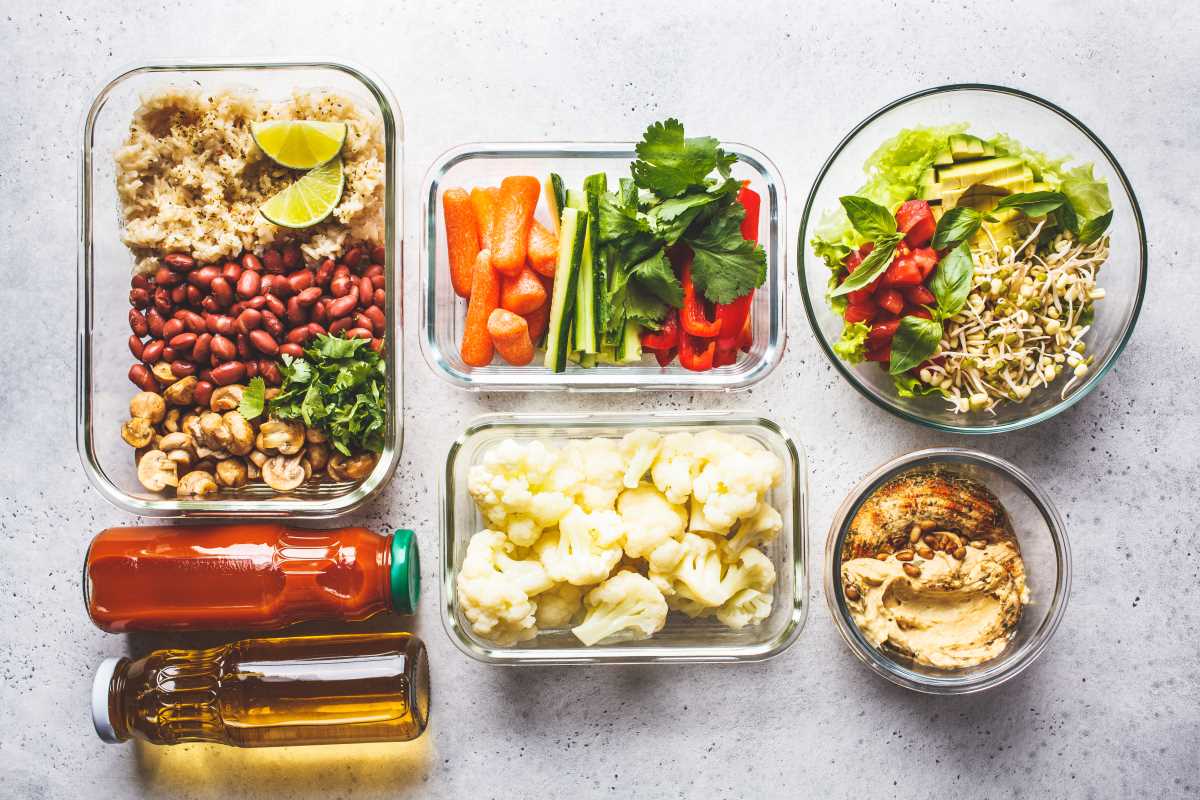Ultra-cycling pushes the boundaries of both physical endurance and mental toughness. Every time you face a demanding multi-day race or set out on an ambitious long-distance adventure, keeping your endurance at its highest level is key. The right nutrition is vital for powering your body through these formidable challenges. To help ultra-cyclists perform at their peak, here are seven critical nutrition tips that can boost your stamina and ensure you stay at the top of your game. By incorporating these strategies, you can fuel your body effectively, allowing you to conquer the challenges of ultra-cycling with confidence.
Tip 1: Carbohydrate Loading
Carbohydrates serve as the primary energy source for endurance activities. Proper carbohydrate loading can significantly enhance your glycogen stores, ensuring you have a steady energy supply during long rides.
- Whole grains like brown rice and quinoa
- Starchy vegetables such as potatoes and sweet potatoes
- Fruits like bananas, apples, and berries
- Legumes including beans and lentils
- Whole grain pastas and breads
Incorporate these carbohydrate-rich foods into your meals in the days leading up to your ride. Aim to increase your carbohydrate intake to about 70% of your total daily calories to maximize glycogen storage.
Tip 2: Hydration Techniques
Staying properly hydrated proves essential for maintaining endurance and preventing fatigue. Dehydration impairs performance and increases the risk of cramps and overheating.
- Start your ride well-hydrated by drinking water throughout the day before your event.
- During the ride, consume fluids regularly, aiming for about 500-750ml per hour depending on intensity and weather conditions.
- Use electrolyte-infused drinks to replenish sodium, potassium, and other essential minerals lost through sweat.
- Monitor your urine color as a simple indicator of hydration status; aim for a light straw color.
- Post-ride, rehydrate with a mix of water and electrolyte drinks to aid recovery.
Tip 3: Protein Intake for Recovery
Protein proves vital for muscle repair and recovery after intense cycling sessions. Adequate protein intake reduces muscle soreness and supports the rebuilding of muscle fibers, enhancing overall endurance.
Incorporate high-quality protein sources such as lean meats, dairy products, eggs, and plant-based options like tofu and tempeh into your diet. Aim for a protein intake of about 1.2 to 1.4 grams per kilogram of body weight daily to meet your recovery needs.
Tip 4: Importance of Micronutrients
While macronutrients like carbohydrates and proteins hold great importance, micronutrients also play a significant role in maintaining endurance. Vitamins and minerals support various bodily functions, including energy production and muscle contraction. Ensure your diet includes a variety of colorful vegetables and fruits to meet your micronutrient needs.
Tip 5: Timing Your Meals
Meal timing influences your energy levels and performance during rides. Eating the right foods at the right times helps maintain blood sugar levels and sustain energy.
- Pre-Ride: Consume a balanced meal rich in carbohydrates and moderate in protein 2-3 hours before cycling.
- During Ride: Take in easily digestible carbohydrates every 45 minutes to an hour to keep energy levels stable.
- Post-Ride: Eat a protein-rich meal within 30 minutes of finishing to kickstart recovery.
By strategically timing your meals, you can optimize your performance and ensure your body has the necessary fuel when it needs it most.
Tip 6: Supplements to Consider
While a balanced diet should cover most nutritional needs, certain supplements can provide additional support for endurance cyclists. Consider adding the following to your regimen:
- Electrolyte Supplements: Help maintain fluid balance and prevent cramps.
- Branched-Chain Amino Acids (BCAAs): Aid in muscle recovery and reduce fatigue.
- Creatine: Support high-intensity efforts and muscle endurance.
- Beta-Alanine: Enhance muscular endurance by buffering acid in muscles.
- Iron Supplements: Important for those with iron deficiency to prevent fatigue and maintain performance.
Always consult with a healthcare professional before starting any new supplement to ensure it’s suitable for your individual needs.
Tip 7: Listening to Your Body
Every cyclist’s nutritional needs remain unique, and you should pay attention to how your body responds to different foods and hydration techniques. Listen to your hunger and thirst cues, and adjust your diet based on your training intensity and duration.
Keep a food and performance journal to track what works best for you. This personalized approach ensures that you meet your specific energy and recovery needs, ultimately enhancing your endurance and overall cycling performance.
Implementing these nutrition tips can enhance endurance, enabling ultra-cyclists to tackle longer rides confidently. Customize these suggestions to meet your needs and embark on well-fueled cycling adventures.
 (Image via
(Image via





